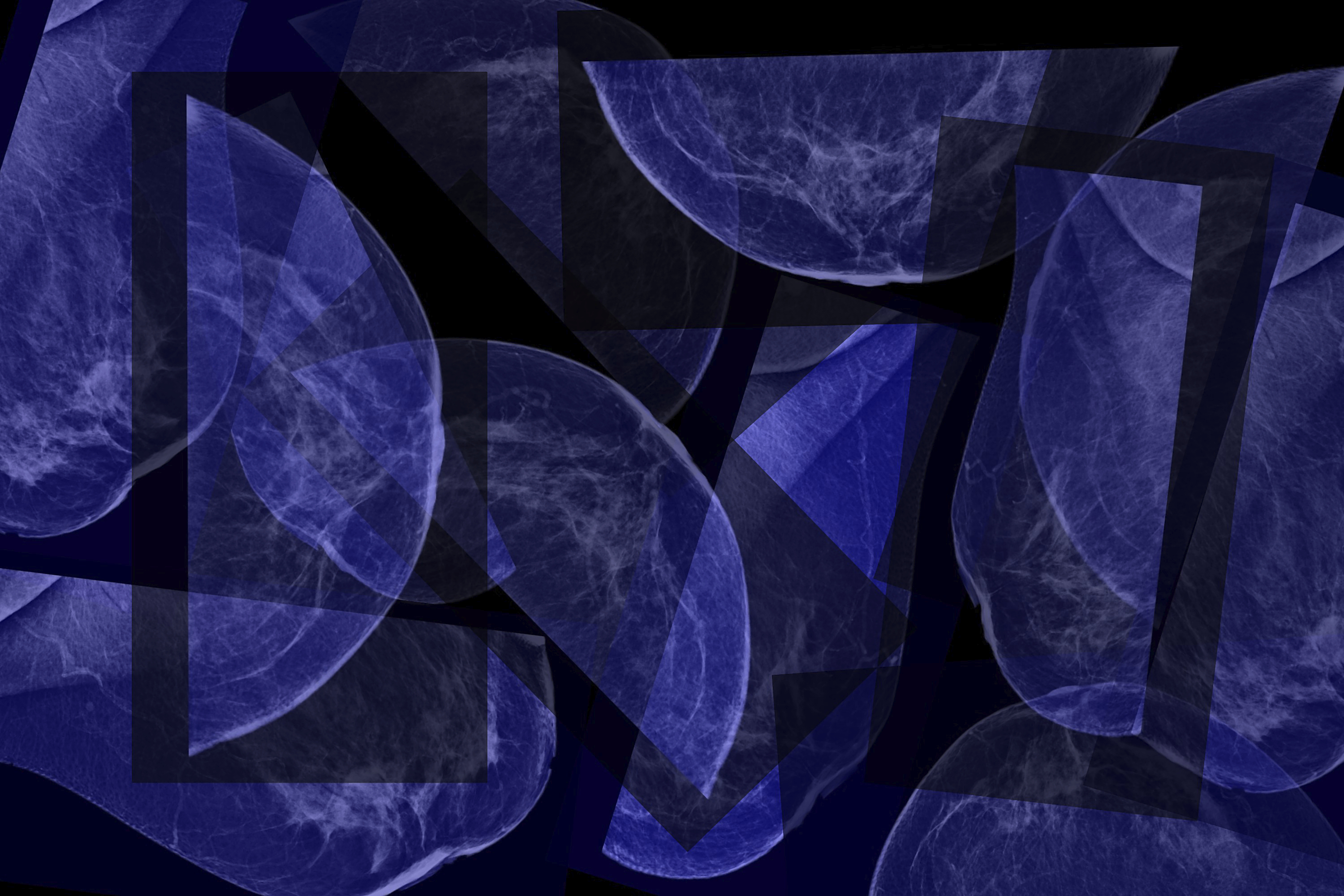Scientist receives grant to study underpinnings of hard-to-treat, hereditary breast cancer

A protein’s misstep in the complicated dance of cellular replication can lead to the uncontrollable chaos of cancer. Deborah Kelly, an assistant professor at the Virginia Tech Carilion Research Institute, was recently awarded a $1.8 million grant from the National Cancer Institute, a branch of the National Institutes of Health, to develop an innovative technique to investigate what causes proteins to err.
“The first step in understanding how the mutated protein misbehaves is to see the protein in detail,” said Kelly, who is also an assistant professor of biological sciences at Virginia Tech’s College of Science. The work has led Kelly to initiate a new research path within the field of structural oncology – the architectural aspects of the molecular mechanisms that can cause cancer.
To start, a research team led by Kelly is specifically looking at the altered BRCA1 protein, an inherited mutation that can give rise to breast and ovarian cancer.
Normally, the protein corrects miscoded patterns in a person’s genetic material as cells replicate to ensure healthy proliferation. The protein actually suppresses tumor formation.
A mutated BRCA1 protein, however, disrupts normal cellular activities. It can cause cancer instead of preventing it. The mutation can push the unchecked cells to develop into triple negative breast cancer, and Kelly wants to know how this process unfolds.
“Triple negative breast cancer is a particularly hard-to-treat subset of breast cancer, as it lacks the traditionally targeted receptors of progesterone, estrogen, and hormone epidermal growth factor 2,” Kelly said. “Traditional chemotherapy and radiation can help eradicate the cancer, but the long-term outcomes are less favorable than with targeted treatments.”
Kelly and her team are designing a tunable microchip system to sort the BRCA1 proteins directly from human breast cancer cells. BRCA1-associated proteins can be isolated from the breast cancer cells using molecules that specifically recognize the complexes related to transcribing the cell’s blueprints during growth and division.
Once the molecules recognize and lock the protein complexes, Kelly can image the structural features of the proteins using electron microscopy. Those images can be reconstructed into a three-dimensional model that shows precisely how the mutated proteins differ.
“This information will provide unique insights no one has seen before,” Kelly said. “In the long term, our findings could provide a structural template for the design of new therapies aimed at deciphering how these proteins interact in triple negative breast cancer.”
Kelly and her research team also work closely with cancer biologist Zhi Sheng, an assistant professor at the Virginia Tech Carilion Research Institute, to establish and expand the field of structural oncology.
“Dr. Kelly is rapidly staking out her identity as an emerging national leading innovator in the field of structural cancer biology research,” said Michael Friedlander, executive director of the Virginia Tech Carilion Research Institute. “We are very fortunate to have Dr. Kelly at the institute, where she brings the disciplines of structural biology, bioengineering, microfluidics, and high-resolution molecular imaging together to understand the mechanisms of a particularly aggressive form of cancer.”



